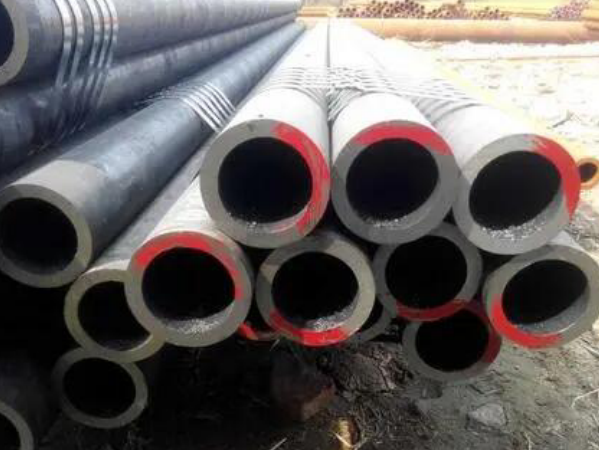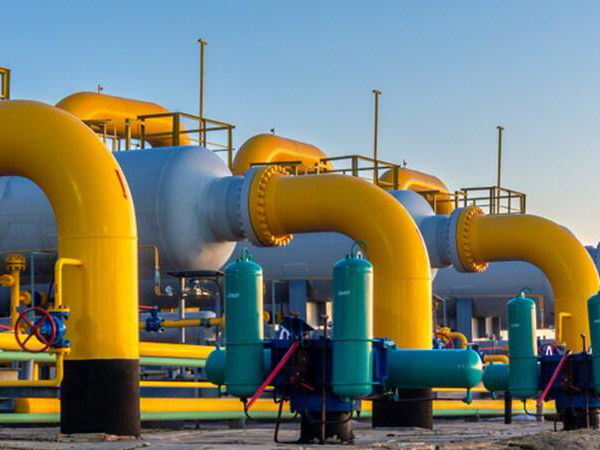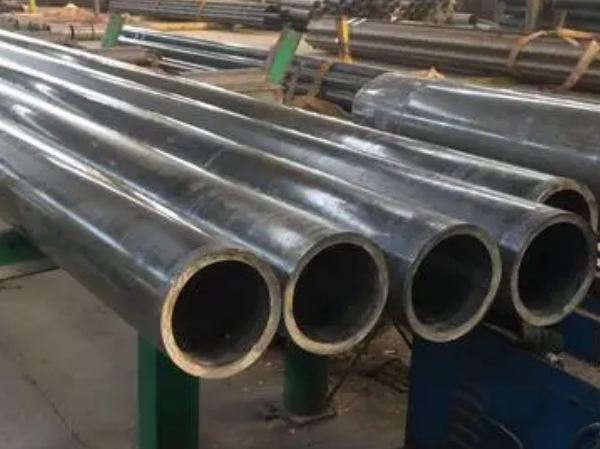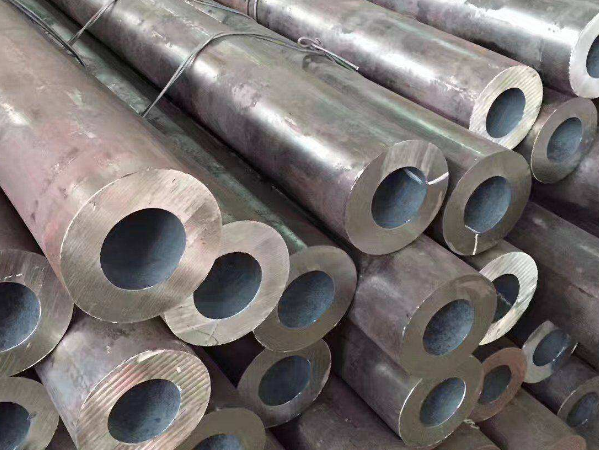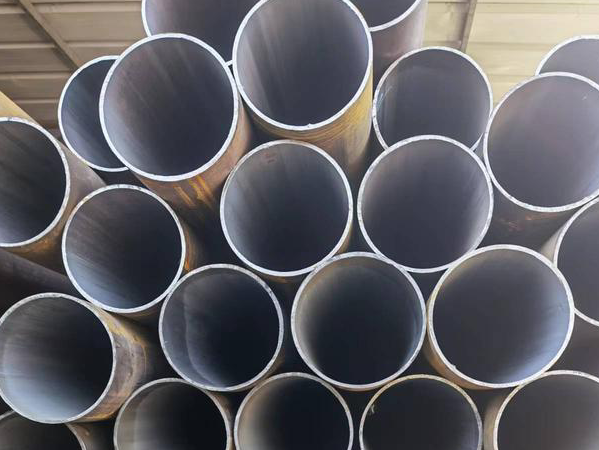-
classification by steel pipe material:steel pipes can be divided into: carbon steel pipes, alloy steel pipes, stainless steel pipes, etc. carbon pipes can be divided into ordinary carbon steel pipes and high-quality carbon structural pipes. alloy tubes can be divided into: low alloy tubes, composite
-
pipeline transportation is a method of transporting liquid and gas materials over a long distance using pipelines as a means of transportation. special components. sometimes a pneumatic tube can do a similar job, transporting solid tanks with compressed gas while the cargo is inside. in recent years
-
mild steel pipe (ms pipe) refers to the content of less than 0.25% carbon steel because of its low strength, low hardness and soft. it includes most of the part of ordinary carbon steel and high-quality carbon structural steel, mostly without heat treatment used in engineering structures, some carbu
-
common steel pipe defects and related terms are introduced by seamless pipe manufacturers as follows:1. roundness: the circular section of the rolled material, such as the cross section of round steel and round steel pipe, the degree of diameter difference in each direction2. due to unreasonable mol
-
the mechanical properties test methods are mainly divided into two categories: tensile test and hardness test. the tensile test is to make a sample of seamless pipe, break the sample on a tensile testing machine, and then measure one or several mechanical properties, usually tensile strength, yield

